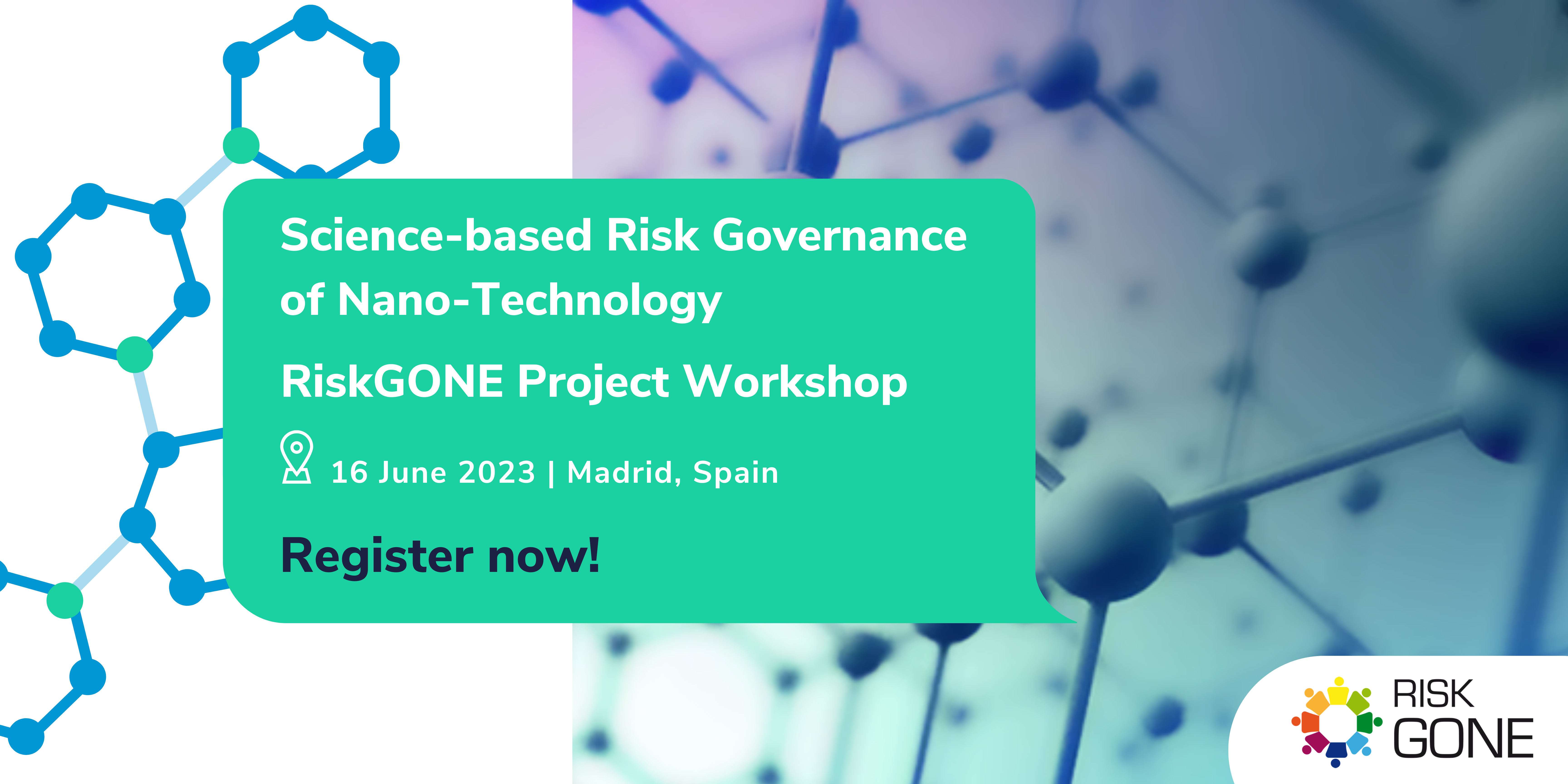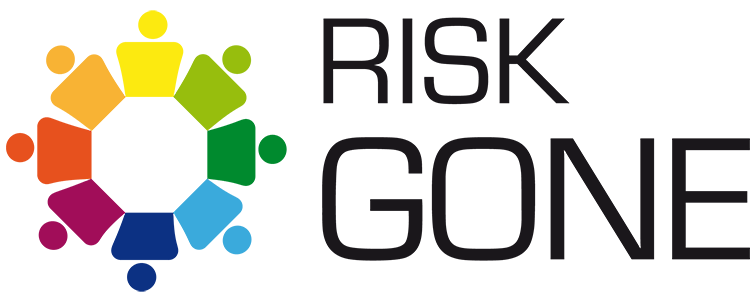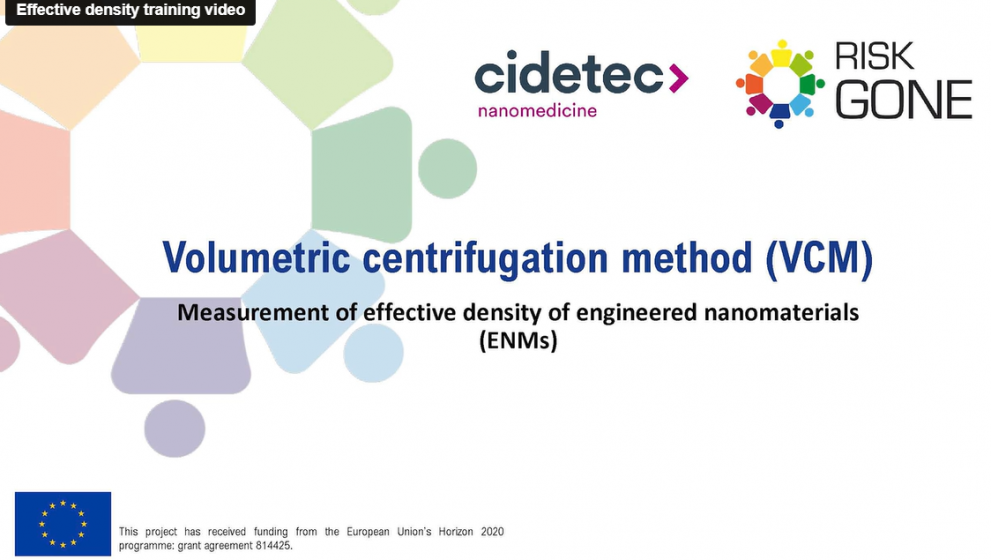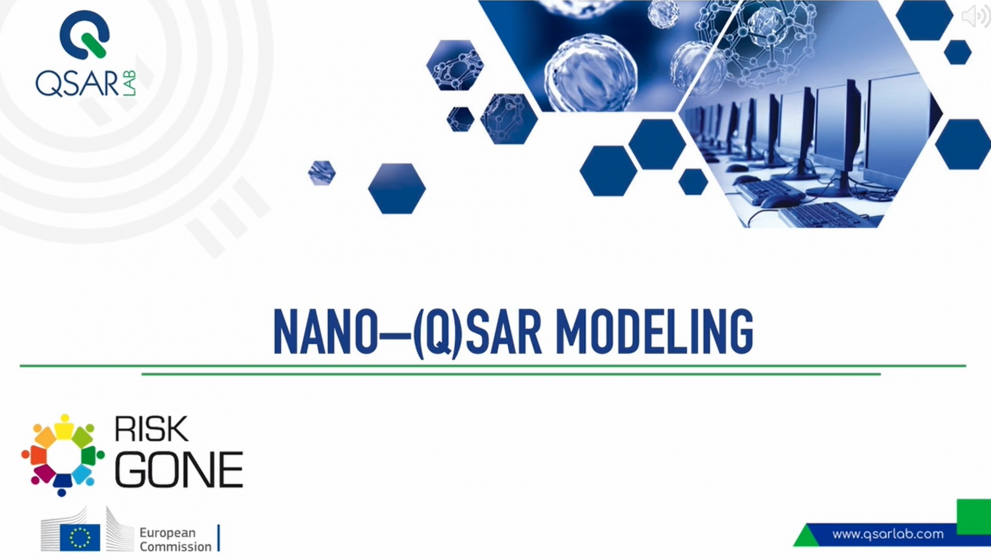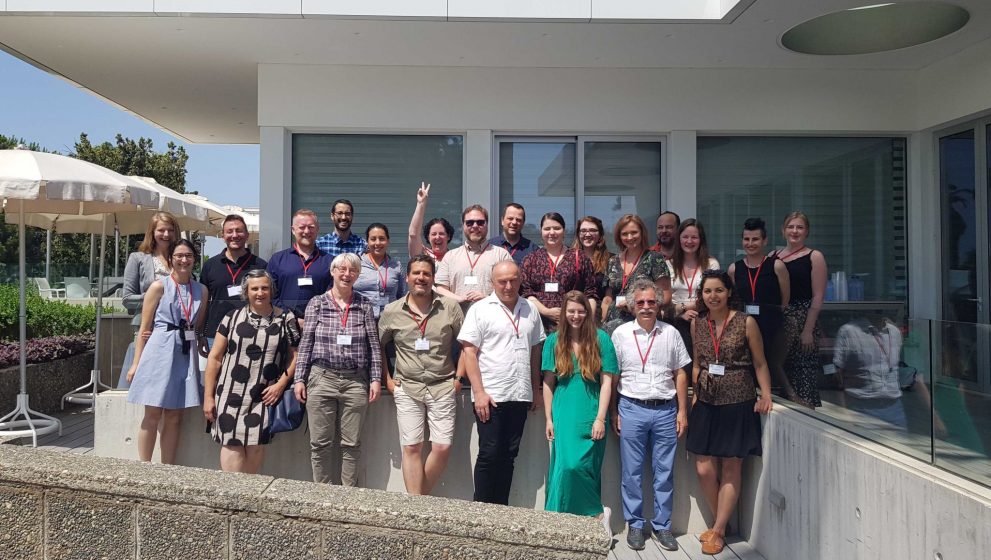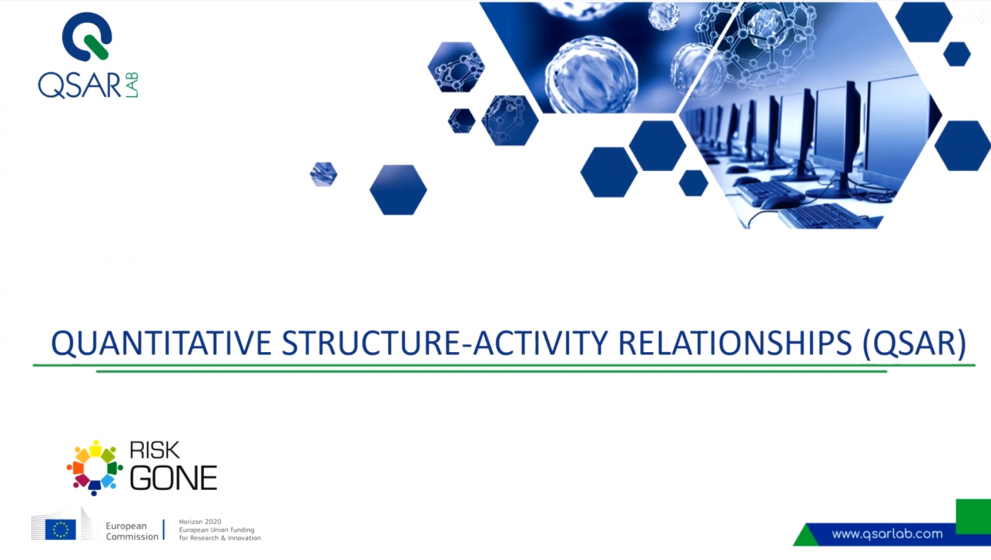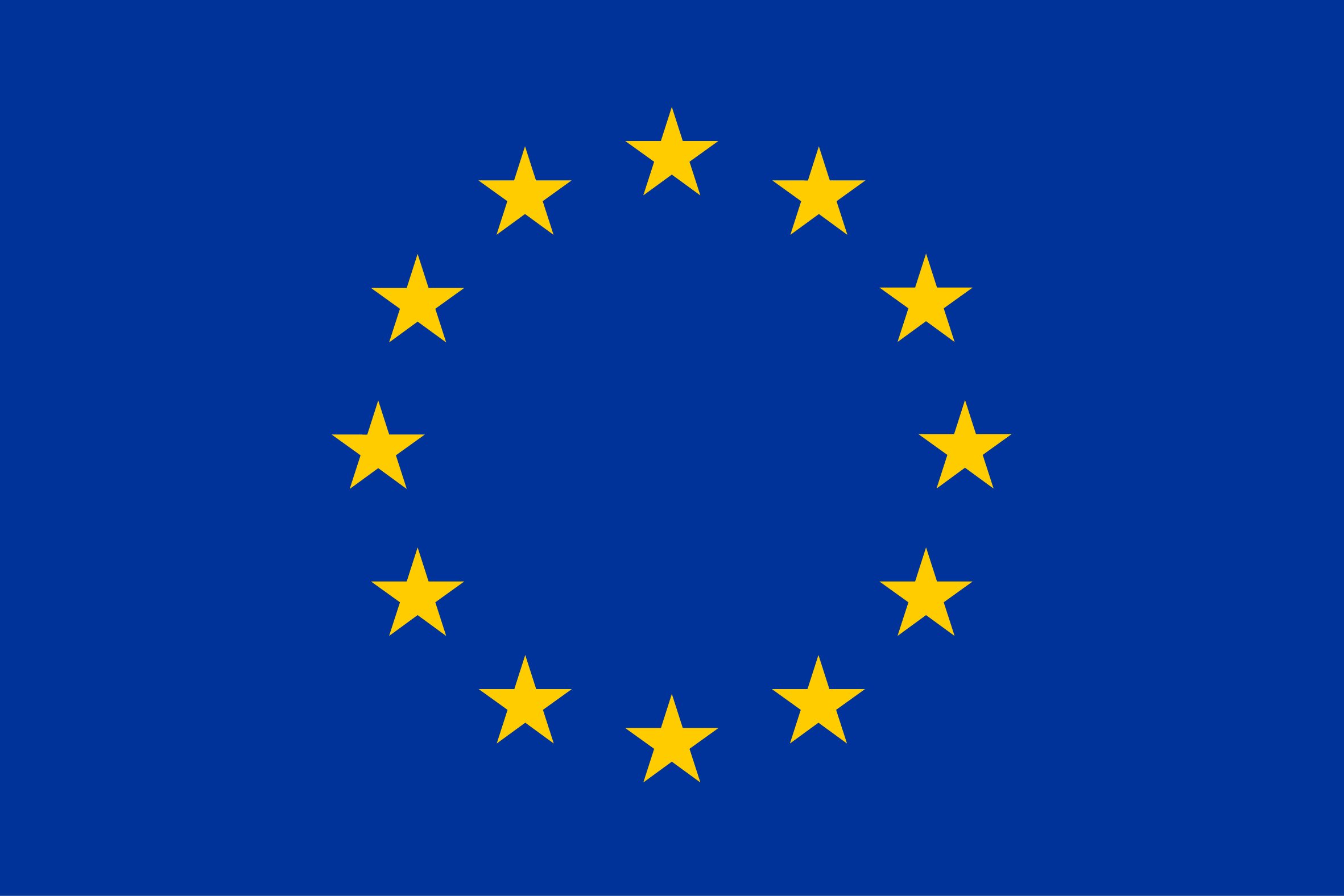The School aims to transfer state-of-the-art knowledge on a variety of topics from key experts to the new generation of professionals working in the areas of safety and sustainability of advanced (nano)materials. To this end, the School will deliver keynote lectures and will engage the participants in interprofessional training by means of roleplay and hands-on training exercises. The programme will balance experimental and modelling approaches in each of the School topics listed below.
The school will take place in the historic centre of Venice, Italy from 15 – 20 May 2022. It is hosted by the company GreenDecision in the frame of the EU Horizon 2020 project SUNSHINE and is co-organised and substantially contributed by the Horizon 2020 projects ASINA, SbD4Nano, SABYDOMA, SAbyNA, DIAGONAL, HARMLESS, NanoInformaTIX, NanoSolveIT, Gov4Nano, NanoRIGO, RiskGONE, NanoCommons, CHARISMA and the US Duke-led INFRAMES initiative.
Join our school to gain more knowledge and multidisciplinary expertise!
Who should attend?
-
PhD Students and Postdocs
-
Senior Researchers
-
Industry Practitioners
-
Regulators
-
Policy Makers
-
Civil Society representatives
-
Anyone else interested in the Safety and Sustainability of Advanced Materials
Topics
-
Transition from Safe-by-Design to Safe-and-Sustainable-by-Design of advanced (nano)materials: a historical perspective and current policy landscape
-
What they are: Physicochemical identity – Intrinsic and extrinsic properties affecting release, biodistribution, environmental fate, exposure, human and environmental toxicity
-
What they are: Lifecycle release and transformations
-
Where they go: Environmental fate, human biodistribution and exposure
-
What they do: Human and environmental toxicity
-
Similarity assessment, grouping and read-across approaches
-
Risk assessment and management
-
FAIR (Findable, Accessible, Interoperable, and Reusable) data management and data quality assessment
-
Risk governance
Benefits
-
Gain in-depth interdisciplinary understanding of key topics pertaining to the safety and sustainability of advanced materials
-
Engage in a dialogue with peers and key experts
-
Benefit from a variety of additional networking opportunities such as a boat trip in the Venetian Lagoon and a social dinner
Draft School Agenda
A draft version of the agenda is available HERE.
Registration
To register for the School, please fill in the registration form HERE.
The School attendance is free of charge. The number of attendees to be accepted is limited to 70.
The registration will open 1 March 2022. Registration Deadline: 15 April 2022.
School Location
The core School programme will take place in the historic Auditorium Santa Margherita Venice, Italy.
Contacts
Scientific enquiries:
Danail Hristozov, GreenDecision (IT) | danail.hristozov@greendecision.eu
Organisation, logistics, local support and administration:
Stefania Melandri, Warrant Hub (IT) | stefania.melandri@warranthub.it
Paola Basso, GreenDecision (IT) | management@greendecision.eu
Stella Stoycheva, Yordas Group (DE) | s.stoycheva@yordasgroup.com
Cathrin Cailliau, Yordas Group (DE) | c.cailliau@yordasgroup.com
School Certificates
Each participant will receive a Certificate of Attendance upon successful completion of the School.
